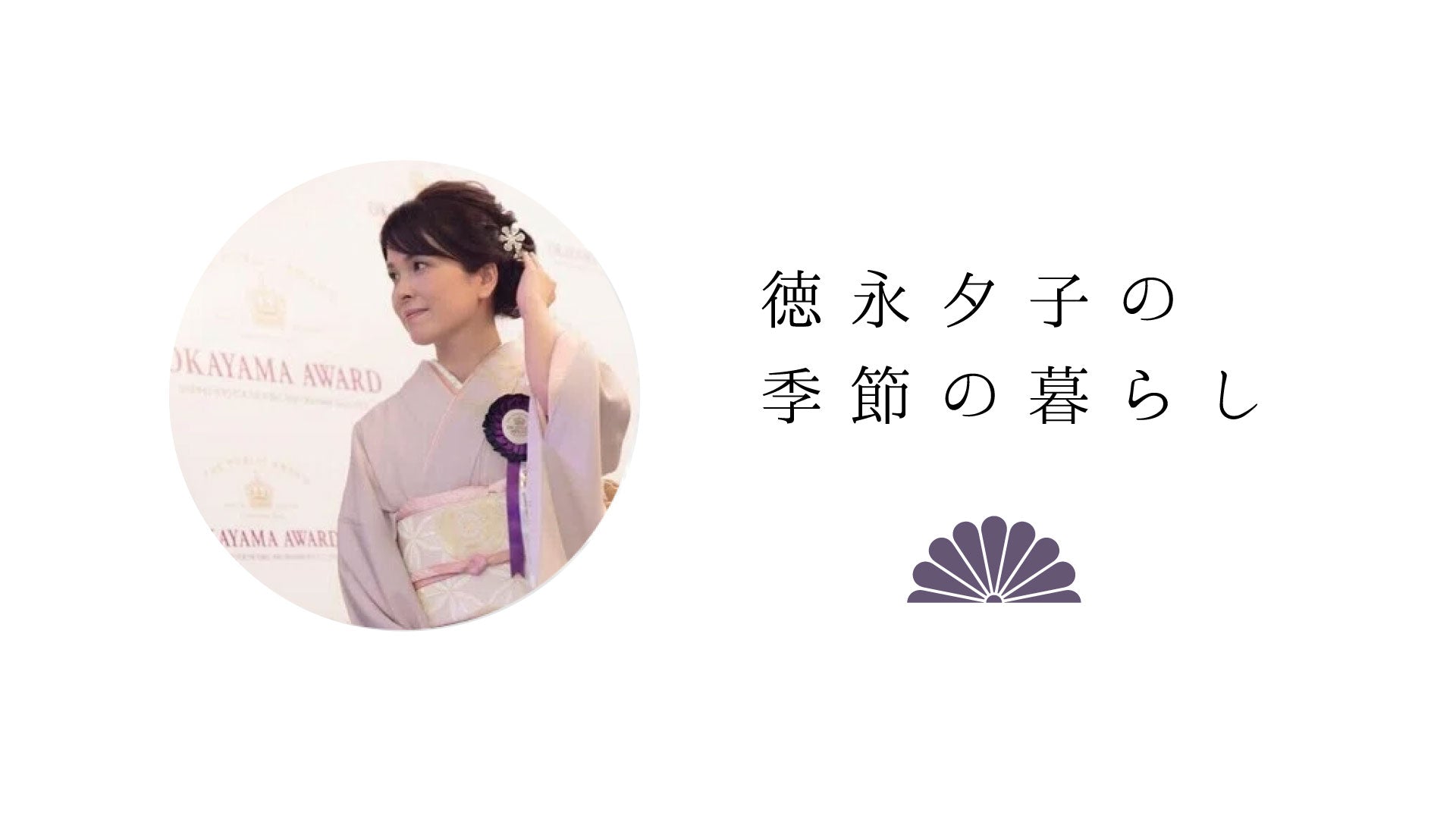Living with the Seasons
We will introduce seasonal culture and customs, focusing on the 24 solar terms and 72 divisions that mark seasons and turning points in life.
Living next to the seasons. Listening to the whispers of nature. Learning about the culture that people have woven together.
I hope you can live a slightly special everyday life.
seasonal customs

``Two to two minutes, four standing, eight sect...
<Two to Two, Four Standing, Eight Sections> Various events and customs of the year revolve around the turning points of the seasons. We would like to introduce you to the...
``Two to two minutes, four standing, eight sect...
<Two to Two, Four Standing, Eight Sections> Various events and customs of the year revolve around the turning points of the seasons. We would like to introduce you to the...

Equinox
What is [Higan]? <Vernal Equinox/Autumn Equinox> The three days before and after the equinox are considered to be a period of self-reflection, visiting graves, caring for Buddhist altars, offering memorial...
Equinox
What is [Higan]? <Vernal Equinox/Autumn Equinox> The three days before and after the equinox are considered to be a period of self-reflection, visiting graves, caring for Buddhist altars, offering memorial...

Small New Year customs
In modern times, the period from New Year's Day to Matsunouchi on January 7th is generally called New Year's Day. Then, after <Little New Year>, the series of customs and...
Small New Year customs
In modern times, the period from New Year's Day to Matsunouchi on January 7th is generally called New Year's Day. Then, after <Little New Year>, the series of customs and...

Exploring the seasons [New spring customs]
[New Spring customs] The arrival of spring. This day serves as the starting point for Setsubun and other festivals such as ``88 nights,'' ``210 days,'' and ``220 days.''
Exploring the seasons [New spring customs]
[New Spring customs] The arrival of spring. This day serves as the starting point for Setsubun and other festivals such as ``88 nights,'' ``210 days,'' and ``220 days.''

“Setsubun customs” surrounding the seasons
<Setsubun Customs> [Setsubun], as its name suggests, refers to the day that separates the end and beginning of a season . ``Setsubun'' is originally visited four times a year.
“Setsubun customs” surrounding the seasons
<Setsubun Customs> [Setsubun], as its name suggests, refers to the day that separates the end and beginning of a season . ``Setsubun'' is originally visited four times a year.

“New Year customs” related to the seasons
[New Year's customs] Among all Japanese events, New Year's is one of the most cherished cultural events. New Year's is said to be the oldest event in Japan.
“New Year customs” related to the seasons
[New Year's customs] Among all Japanese events, New Year's is one of the most cherished cultural events. New Year's is said to be the oldest event in Japan.










